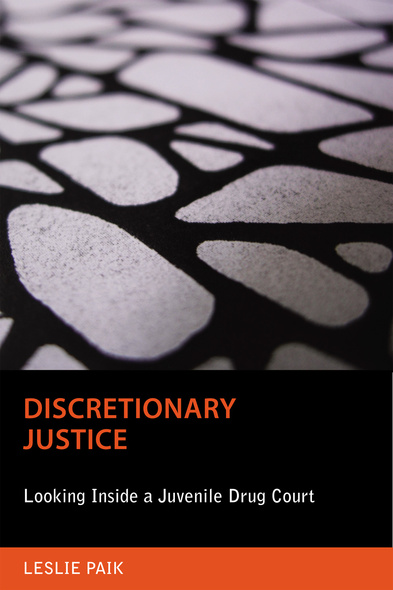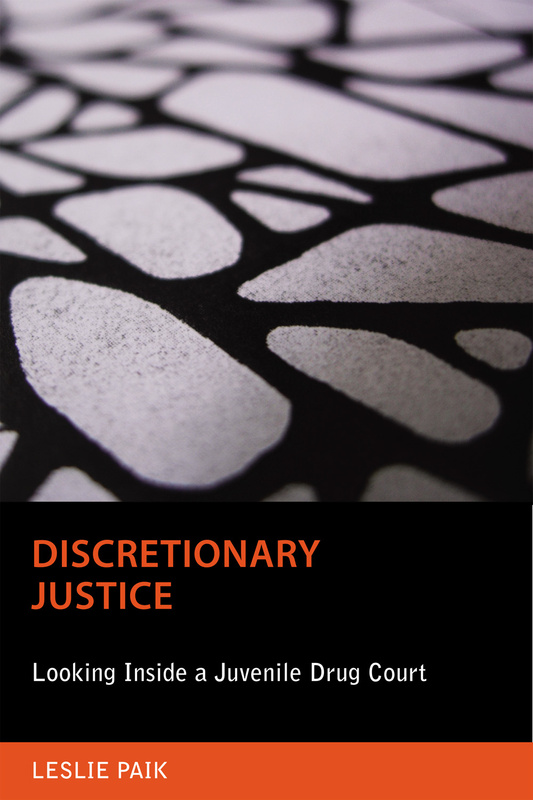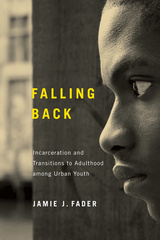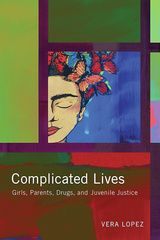
Juvenile drug courts are on the rise in the United States, as a result of a favorable political climate and justice officials' endorsement of the therapeutic jurisprudence movement--the concept of combining therapeutic care with correctional discipline. The goal is to divert nonviolent youth drug offenders into addiction treatment instead of long-term incarceration. Discretionary Justice overviews the system, taking readers behind the scenes of the juvenile drug court. Based on fifteen months of ethnographic fieldwork and interviews at a California court, Leslie Paik explores the staff's decision-making practices in assessing the youths' cases, concentrating on the way accountability and noncompliance are assessed. Using the concept of "workability," Paik demonstrates how compliance, and what is seen by staff as "noncompliance," are the constructed results of staff decisions, fluctuating budgets, and sometimes questionable drug test results.
While these courts largely focus on holding youths responsible for their actions, this book underscores the social factors that shape how staff members view progress in the court. Paik also emphasizes the perspectives of children and parents. Given the growing emphasis on individual responsibility in other settings, such as schools and public welfare agencies, Paik's findings are relevant outside the juvenile justice system.
Paik's extraordinary data illuminates the tension between therapy and punishment in juvenile drug courts. A terrific read!
This important, timely analysis reveals how meanings are constructed and bureaucratic decisions are created within a youth drug court.
Paik's extraordinary data illuminates the tension between therapy and punishment in juvenile drug courts. A terrific read!
This important, timely analysis reveals how meanings are constructed and bureaucratic decisions are created within a youth drug court.
1. Inside the Black Box of Drug Court Justice
2. Setting and Methods
3. What Court Day Is He? Intercourt Variations
4. Building Accountability through Assessments of Noncompliance
5. Social Construction of Drug Test Results
6. It's Not Just His Probation, It's Mine: Parental Involvement in the Drug Court
7. Youth Trajectories in the Court
8. The (In)justice of Discretion: Drug Courts as Therapeutic Punishment and Therapeutic Justice
Appendix A: Methods
Appendix B: Concepts and Terms
Appendix C: Additional Resources
Notes
Bibliography
Index







